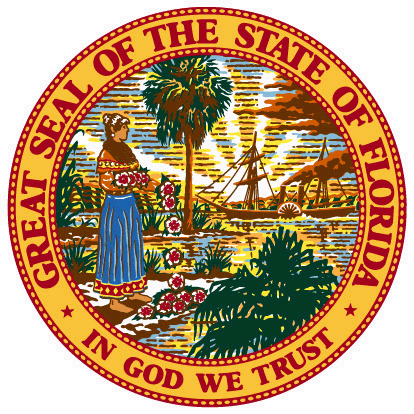Florida Attorney General Ashley Moody has issued a consumer alert about new scams related to the COVID-19 pandemic
FLORIDA KEYS, March 27, 2020 – The scams run the gambit from text messages and phone calls to imposters posing as health workers offering free COVID-19 tests. The bottom line is Floridians need to be on the lookout for scams and never give out personal or financial information to solicitors.
Over last weekend, reports emerged of text messages asking people to click on a link to claim a $1,000 payment, apparently connected to a COVID-19 federal stimulus package. The link most likely contained malware. Never click on any links in unsolicited messages.
Several South Florida law enforcement agencies are issuing alerts about people dressed in white lab coats and masks impersonating Centers for Disease Control and Prevention workers. The imposters are reportedly knocking on doors and offering free COVID-19 tests. The CDC is not sending people door-to-door to test for COVID-19. If a CDC impersonator shows up at your door, do not let them in. Close the door and call 911.
The U. S. Department of Health and Human Services Office of Inspector General is reporting a scam involving fraudsters calling older Americans and offering to mail them free COVID-19 test kits. The scammers claim all they need from the senior to send the free kit is the target’s Medicare number. Never provide health information, or any other personal information, in response to an unsolicited phone call.
These are just a few of the latest scams emerging as the COVID-19 virus continues to spread (there were eight presumptive cases in Monroe County as of this writing). Floridians should be reminded that if an offer seems too good to be true, then it is probably a scam.
Also, a malicious website displaying a live map of COVID-19 cases mimicking a legitimate map by Johns Hopkins University was recently reported. Once unwitting users click on the website, a program is activated that can access and steal sensitive user data. It is suspected that the website is being spread across the internet via infected email attachments and online advertisements.
Moody said, “Scammers will use any occasion to prey on the emotions of unsuspecting consumers, and fear is a favorite tool of criminals trying to commit fraud. Please exercise caution when searching the internet for COVID-19 information and do not click on suspicious links or attachments.”
Scammers are also sending phishing emails that appear to come from the CDC or World Health Organization asking for sensitive information or instructing people to click on suspicious links and open malicious attachments. Be alert for these scams and verify the email sender by checking the email address or contacting the CDC or WHO directly.
According to the Federal Trade Commission, scammers are setting up websites to sell bogus products to protect against the virus, and using fake emails, texts and social media posts as a trick to steal money and personal information. Ignore online offers for vaccinations as there are currently no vaccines available to prevent COVID-19.
[livemarket market_name="KONK Life LiveMarket" limit=3 category=“” show_signup=0 show_more=0]




No Comment